
Opportunities for support of Greek rice producers are indicated by the Commission in a difficult situation with low selling prices of the product and high production costs.
Responding to a question from ND-EPP MEP Maria Spyraki about the need to reduce imports and support rice growers, Agriculture Commissioner Janusz Wojciechowski stressed that “under the European Agricultural Fund for Rural “Climate commitments related to alternative weed control in rice fields can still be supported under Greece ‘s rural development program.”
Ms. Spyraki asked, in the written question she submitted to the Commission, procedures for strengthening the Greek rice producers and promoting the Greek mid-grain rice, type “Carolina” and “glacé”, emphasizing that the imports that amount to 30% of the domestic needs, came from Asian countries and raised the question of whether the criteria for protecting the health of consumers from pesticides used outside the EU are met.
Ms Spyraki’s question
It is estimated that increased imports of Asian rice into the EU will drive down the value of domestic rice production by as much as EUR 95 million up to 2030, with European rice production expected to shrink by 1.5 %, accompanied by a 7% fall in prices. This will also increase health risks to consumers, given that the imported rice may fail to meet EU cultivation standards owing to the use of pesticides banned in Europe.
In addition, the dependence on imports of the European market, especially the catering sector, leaves Europe exposed to food shortages, especially given the crisis in the transport sector triggered the shortage of drivers and rising fuel costs.
In Greece, for example, per capita consumption of rice is around 5-5.5 kg, of which 70 % is domestically produced and the remaining 30 % imported. In view of this:
1. What information does the Commission have regarding pesticides used in imported rice and what inspections does it carry out?
2. What measures is it planning to take at European level to curb the increase in imports of Asian rice into the EU?
3. How does it intend to assist Greek rice producers and encourage the consumption of Greek ‘Carolina’ and ‘glacé’ medium grain rice?
Answer given by Mr Wojciechowski
The EU is not self-sufficient in rice. Still, imports declined by 25% during the period September 2020 through August 2021 compared to the year before. In Asia, pandemic-related logistical issues throughout the production chain and the ongoing impact of high freight costs have served as a disincentive to export.
During the COVID pandemic, the EU rice market has been resilient and does not show signs of shortages.
As for pesticides, all imported rice, also from Asian countries, has to comply with EU sanitary and phytosanitary requirements, including EU maximum residue limits, enforced by the Member States. Regarding inspections, the Commission conducts regular audits in countries exporting to the EU as well as on Member States ’checks of rice imports. Given that EU food safety standards are strictly applied to all imports, the Commission has no reason to assume that food safety is in danger.
The Commission regularly monitors both the imports of rice including from Asia, and the situation of EU rice producers. The current market situation does not justify additional support measures for EU producers. Furthermore, no trade defense investigation is currently ongoing on rice imports.
Greek rice sector organizations can submit proposals under the agricultural promotion policy. From 2023, rice production in Greece will continue to profit from support such as direct payments under the Common Agriculture Policy. Moreover, Greece may also decide to grant Coupled Income Support to the sector. Finally, under the European Agricultural Fund for Rural Development (1), rice farmers carrying out agro-environment-climate commitments relating to alternative weed control in rice fields (2) can also receive support under the Greek Rural Development program (3).
(1) as per Regulation EU 1305/2013
(2) via the method of false sowing / ‘pseudospores’
(3) http://www.agrotikianaptixi.gr/el
Latest News

Η Walmart «ανοίγεται» στα premium καλλυντικά
Η μεγαλύτερη αλυσίδα σούπερ μάρκετ της Αμερικής Walmart προσθέτει premium μάρκες ομορφιάς στα εμπορεύματά της

Η δικαστής που έριξε στο καναβάτσο τον Μασκ - Αβέβαιο το μέλλον του στο DOGE
Ο πρόεδρος των ΗΠΑ είπε στους έμπιστους ότι ο ρόλος του Ιλον Μασκ στο υπουργείο DOGE ίσως τελειώσει νωρίτερα από το αναμενόμενο
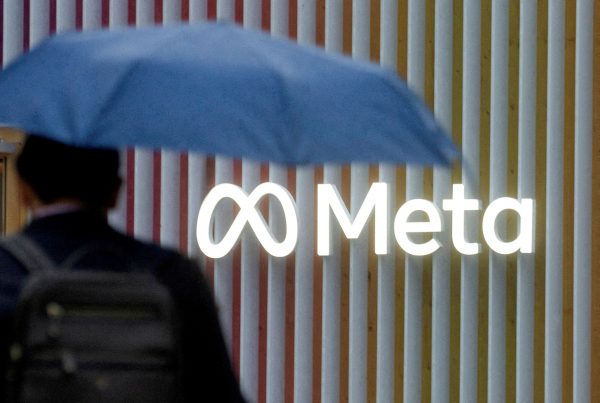
«Υψηλό» πρόστιμο για τη Meta από την Τουρκία
Η αμερικανική Meta, μητρική των Facebook, Instagram και WhatsApp, κατηγορείται από τις τουρκικές αρχές ότι δεν συμμορφώνεται στις εντολές ελέγχου περιεχομένου εν μέσω πολιτικής αναταραχής
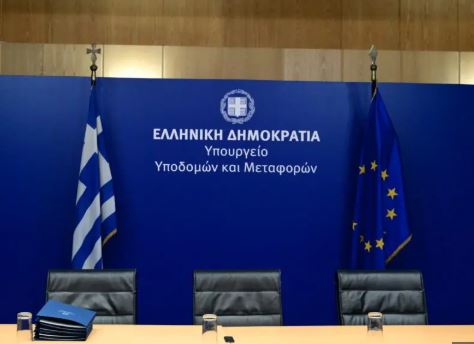
Νέος Γενικός Γραμματέας Υποδομών ο Δημήτρης Αναγνώπουλος
Ο κ. Αναγνώπουλος είναι απόφοιτος του τμήματος Πολιτικών Μηχανικών του ΕΜΠ και κατέχει Μεταπτυχιακό τίτλο σπουδών στην «Διαχείριση Τεχνικών Έργων»
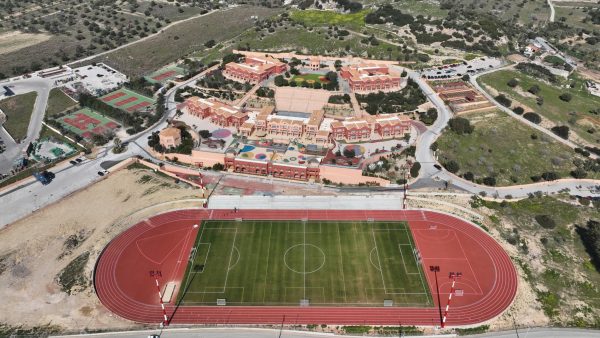
Και το Αμερικανικό Κολλέγιο Ελλάδος με ιδιωτικό πανεπιστήμιο - Η αίτηση στην Ελλάδα
Με το ιδιωτικό πανεπιστήμιο, το Αμερικανικό Κολλέγιο Ελλάδος στοχεύει στην επέκταση των προπτυχιακών και των μεταπτυχιακών του προγραμμάτων

Bloomberg: Η Ελλάδα θα δαπανήσει 25 δισ. ευρώ για την άμυνα τα επόμενα 12 χρόνια
Το ρεπορτάζ του Bloomberg για το εξοπλιστικό πρόγραμμα που ανακοίνωσε ο Κυριάκος Μητσοτάκης
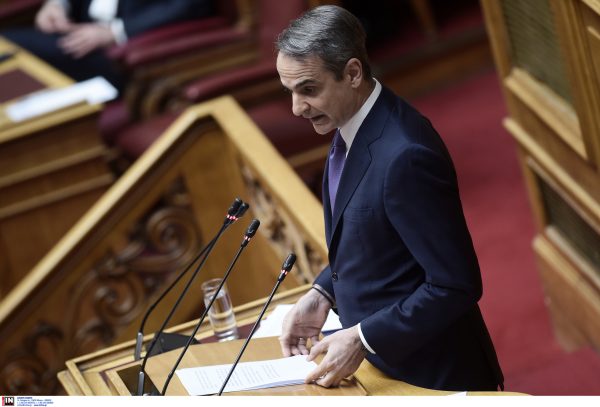
Μητσοτάκης: Εξοπλιστικό πακέτο 25 δισ. ευρώ με ορίζοντα 12ετίας
Ο πρωθυπουργός Κυριάκος Μητσοτάκης παρουσίασε στη Βουλή το πλαίσιο του νέου εξοπλιστικού προγράμματος
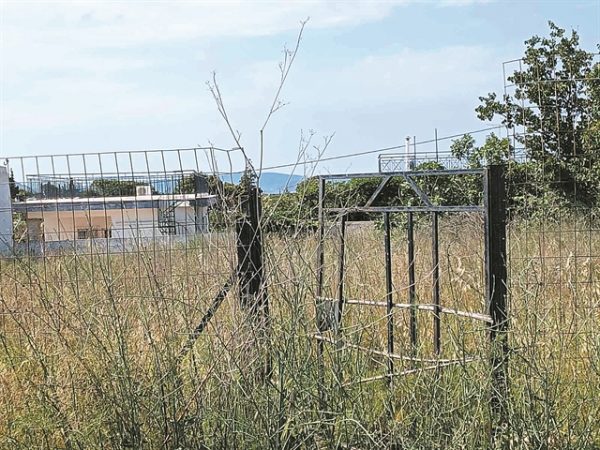
ΠΟΜΙΔΑ: Αιτήματα προς την πολιτεία για τον καθαρισμό οικοπέδων
Η ΠΟΜΙΔΑ καλεί όλους τους ενδιαφερόμενους ιδιοκτήτες να καθαρίσουν τα οικόπεδά τους
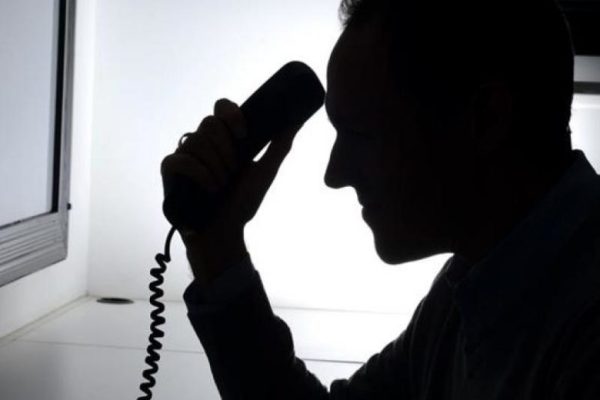
Ψαρεύουν θύματα με τη μέθοδο «Caller ID Spoofing» – Προσοχή σε αυτόν τον αριθμό
Οι αρχές εφιστούν την προσοχή για τηλεφωνική απάτη – Καλούν από αριθμούς που εμφανίζονται ως οι επίσημοι αριθμοί δημόσιων υπηρεσιών
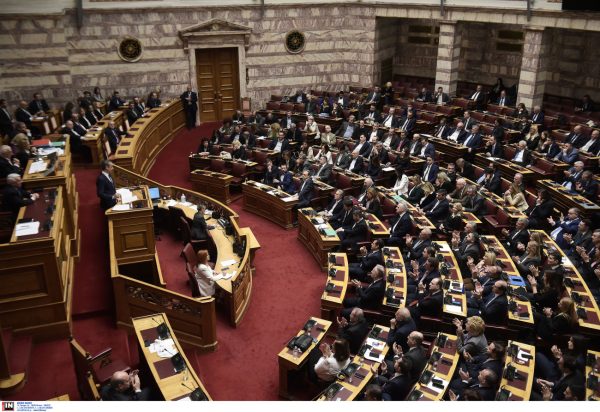
Εξοπλιστικό: Σήμερα στη Βουλή η συζήτηση σε επίπεδο αρχηγών για την Άμυνα
Κόντρα κορυφής αναμένεται σήμερα στη Βουλή, στην προ ημερησίας συζήτηση σε επίπεδο αρχηγών στις 11:00, για την αμυντική πολιτική της χώρας












![Τουρκία: Μεγάλες βλέψεις για παραγωγή ηλεκτρικών οχημάτων [γράφημα]](https://www.ot.gr/wp-content/uploads/2025/03/ot_turkish_autos-90x90.png)











![ΕΛΣΤΑΤ: Αυξήθηκε η οικοδομική δραστηριότητα κατά 15,6% το Δεκέμβριο [πίνακες]](https://www.ot.gr/wp-content/uploads/2025/03/DSC9655-2-1024x569-1-90x90.jpg)

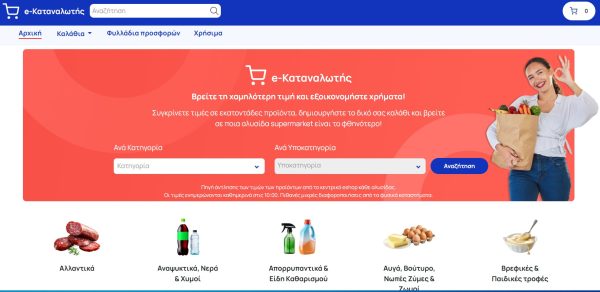



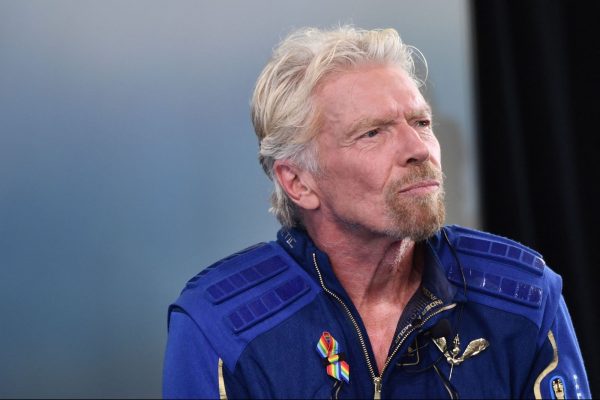
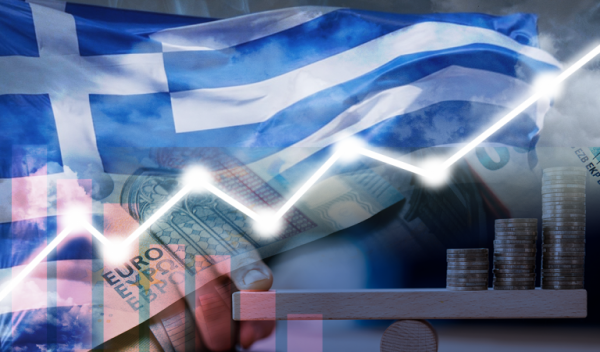
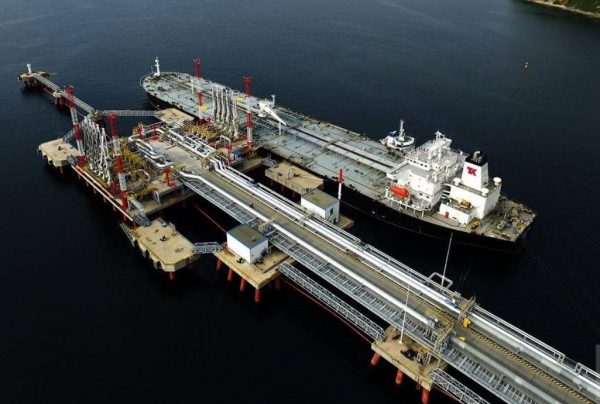





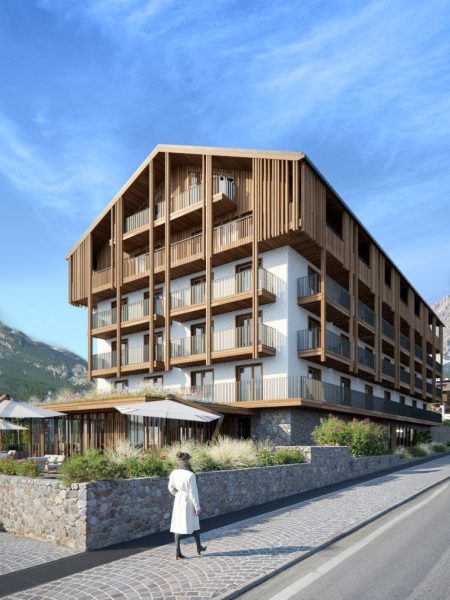


 Αριθμός Πιστοποίησης
Αριθμός Πιστοποίησης